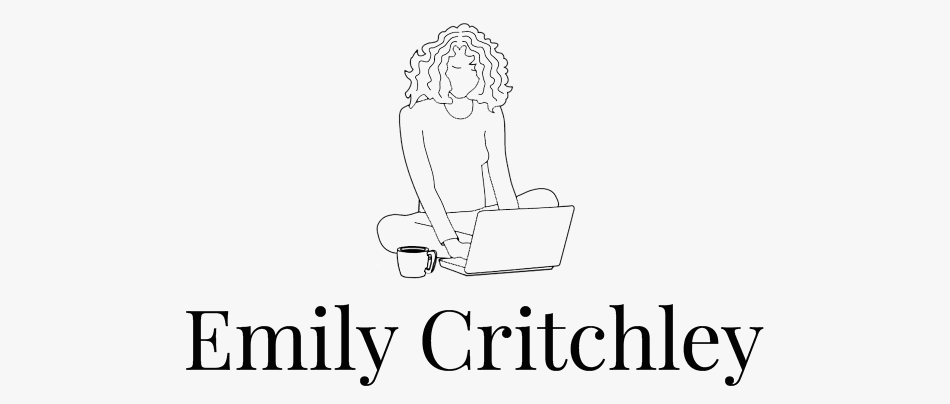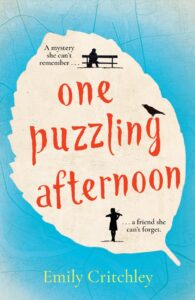
I often meet people who would like to write creatively but who are unsure how to begin.
Most of us are afraid to explore new creative pursuits. Even after making the decision, six years ago, to take my writing more seriously and signing up for a creative writing course at a local arts centre, I still worried that I should be doing something more productive with my time and that my work wouldn’t be good enough.
When I enrolled on the ten week course, one of the first things I said to my tutor was, If I’m not good at this please tell me and I’ll go and do something else. And it wasn’t just about me being any good. I was concerned that I didn’t have the right life experiences to be a writer. I thought perhaps I needed a better education, that I didn’t know enough words, hadn’t read enough of the classics or any books on writing.
Many of my class mates had already attended creative writing workshops. One girl had a degree in journalism. There was a woman who had written half a novel. All I had, all those years ago, to prove my writing credentials was a tatty notebook full of bits of poems and a few half-hearted attempts at the beginnings of short stories. I thought I was probably in the wrong room. I wondered if it was too late to switch to quilting.
By asking yourself such questions as: Do I have the right life experience, the right education, the right book, a big enough vocabulary, you are only doing one thing, you are not writing, and you want to be writing.
If you buy a book on writing, sign up for a course, or read a blog post like this, it’s a great start but it doesn’t demonstrate a true commitment to writing; you make that commitment to writing when you are writing rather than passively reading about the process.
There is no better day than today to start writing creatively. There is no perfect day, time, month or year, in which to start. Today is a good a day as any.
Another misconception people have about beginning to write creatively is that they need to wait for, or be in possession of, an idea.
Waiting for an idea to arrive can, and frequently does, turn into another excuse for not writing. Searching for that perfect idea can lead you on a futile quest, like that for the holy grail.
This is what Nabokov has to say about ideas: ‘Style and structure are the essence of a book; great ideas are hogwash.’
And here is E.L. Doctorow on beginning to write: ‘You cannot start a book with an intention, a calculation. You start writing before you know what you want to write, or what it is you’re doing.’
I’m not against ideas (I actually have another blogpost on ideas), I just don’t want you to use ‘I don’t have an idea yet’ as an excuse not to write today. Ideas can be tricky things and sometimes it’s better to start without them than wait around for them to (hopefully) show up. Like a Southern Rail train on a bank holiday weekend, you’re likely to be disappointed and should plan an alternative means of transport.
Ideas can also set up parameters which can constrict the imagination, especially for new writers who haven’t yet learnt to trust their writer’s intuition. Instinct plays a large part in the writing process.
An alternative way to start creatively today is with a first sentence.
The artist Paul Klee says that drawing is like taking a line for a walk. Think of writing as taking a sentence for a walk, or sentence building.
Write an opening line today. That’s all you need to do. Then, see if you can build on it. See if you can write half a page, or three hundred words.
If you’re struggling for a first line, use someone else’s. This is just an exercise and you can change the line later if you decide to continue with your story.
Or, why not use one of these lines I just made up for you instead:
Rain had been forecast for that Tuesday but by seven o’clock no rain hadn’t arrived.
Philip had known for exactly seven days that he was in love with Charlotte.
Arthur hadn’t expected he’d cry when he saw the coffin.
Sophie arrived at the restaurant with her gym bag as she’d told Richard she had a class.
Oliver found the dragon in the garden after lunch.
As you read these lines ask yourself if you are getting any sense of a character, or of a situation. What images can you see? What emotions do these lines evoke?
Write out your first line, and then write a second… Don’t worry about story at this stage. Just go with the flow. Try not to judge your work or yourself in relation to your work. Be kind to yourself. You are no longer afraid and you have started writing today.
Emily
x

